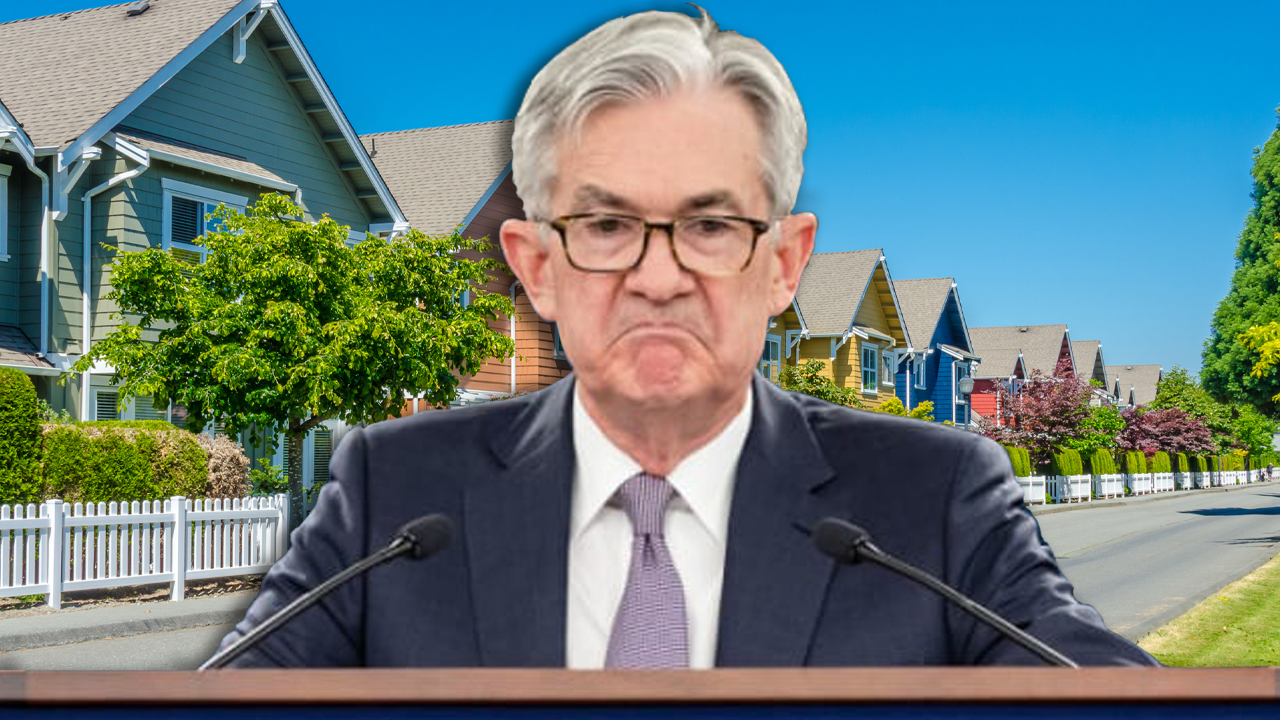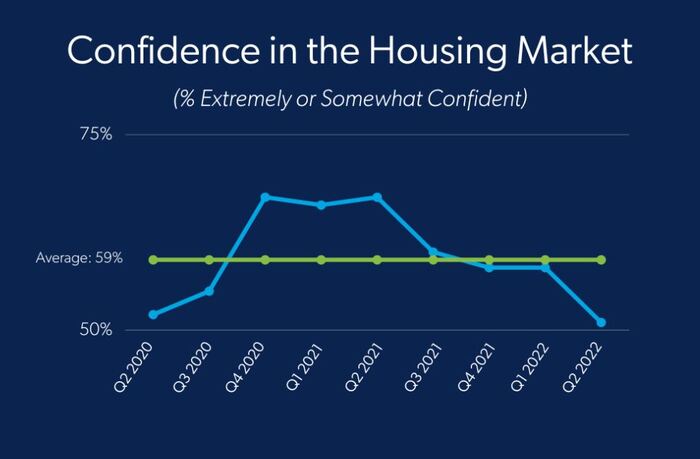
After the Covid-19 epidemic, investors in real estate did exceptionally well, even though millions were out of work, and many faced evictions due to the lockdowns of 2020. Stimulus helped to heal the financial scars left by Mainstreet’s shutdowns and broken supply chains. In fact, after the pandemic, America’s housing market boomed to new heights and soared amid rising inflation. Meanwhile, the U.S. Federal Reserve chair Jerome Powell hinted this week that the U.S. housing market needs a correction, and he believes it can be adjusted in a way so “people can afford houses again.”
‘Deceleration in Housing Prices’ Is a ‘Good Thing,’ Fed Chair Declares
Federal Reserve of the United States met on Wednesday last week to discuss the next interest rates hike. The central bank raised its federal funds rate by 75bps (basis points). The Fed said last week that it aims to “achieve maximum employment,” and the central bank is still targeting a 2% inflation rate over the long term. The three-quarters of a percentage point rise is the Fed’s third 75bps rate hike in a row. Following the 75bps increase, stock markets, cryptocurrencies, and precious metals had seemingly priced in the Fed’s rate increase.

But, Powell also talked about the U.S. housing markets this week. The commentary rattled markets in the days that followed. Powell suggested a correction in real estate prices or a cooling down of housing prices to bring inflation back below 2%.
“The deceleration in housing prices that we’re seeing should help bring sort of prices more closely in line with rents and other housing market fundamentals — And that’s a good thing,” Powell insisted. “For the longer term what we need is supply and demand to get better aligned, so that housing prices go up at a reasonable level, at a reasonable pace, and that people can afford houses again,” Powell told the press on Wednesday.
The Federal Reserve now has 16 chairs.
This difficult correction, from a business cycle perspective should bring the housing market into a better equilibrium.
Average 30-Year Fixed Mortgage Interest Rate Jumps 27bps to 6.55%, Economist Says Home Prices Are Still ‘Significantly Overvalued’
According to bankrate.com statistics, the average 30-year fixed loan rate is currently 6.55%. Bankrate.com’s data shows the 30-year fixed mortgage rate jumped 27bps in the last seven days. Redfin recently collected data that shows 10 regions of the U.S. have seen their rates drop faster than other areas. These include American cities such as Seattle, Las Vegas and San Jose, San Diego. Sacramento, Phoenix. Oakland, North Port in Florida. Tacoma, Washington.

“Clearly the Fed’s shift in word choice from June’s ‘housing needs a reset’ to today’s ‘housing reset actually means a correction’ indicates they are quite fine with home prices falling, home sales cooling off, and construction pulling back significantly in order to achieve their mission,” the head of research at John Burns Real Estate Consulting, Rick Palacios Jr., told Fortune on Thursday.
Following Powell’s housing market commentary, USA Today reporter Terry Collins quoted a number of experts that detail the U.S. is “definitely in a housing correction with no end soon.” The chief economist from Moody’s Analytics, Mark Zandi, told USA Today that he believes the American housing market is already retracting.
More than half of the top 400 housing markets in the U.S. are “significantly overvalued” by more than 25%, Zandi explained to Collins. “I think this will play out over the next couple of years, and it will be through mid-decade until things bottom out,” the Moody’s Analytics’ chief economist remarked.
What do you think about Fed chair Jerome Powell’s housing correction statements on Wednesday? Is it likely that the U.S. housing market will slow down further? Please comment below on your views.
Images CreditsShutterstock. Pixabay. Wiki Commons
DisclaimerThis article serves informational purposes. It does not constitute an offer, solicitation, or recommendation of any company, products or services. Bitcoin.com is not a provider of investment, tax, legal or accounting advice. The author and the company are not responsible for any loss or damage caused or alleged caused by the content or use of any goods, services, or information mentioned in the article.